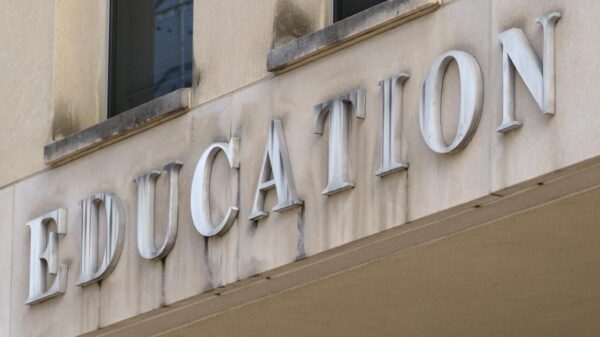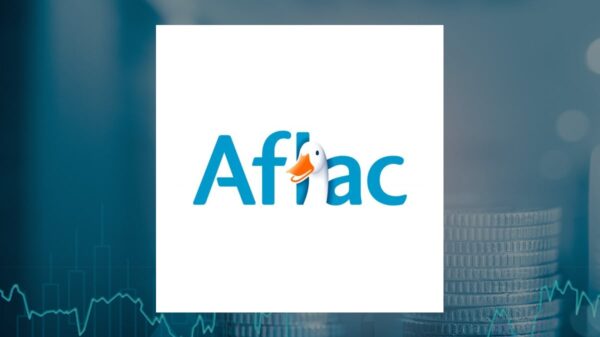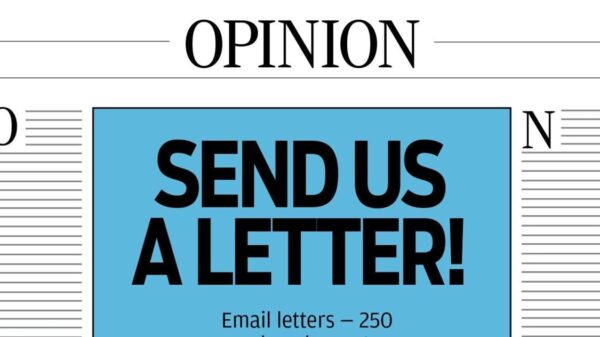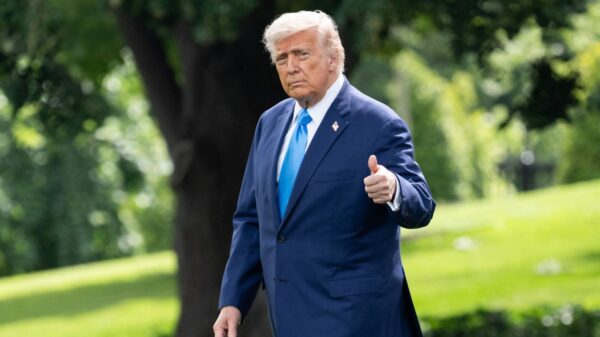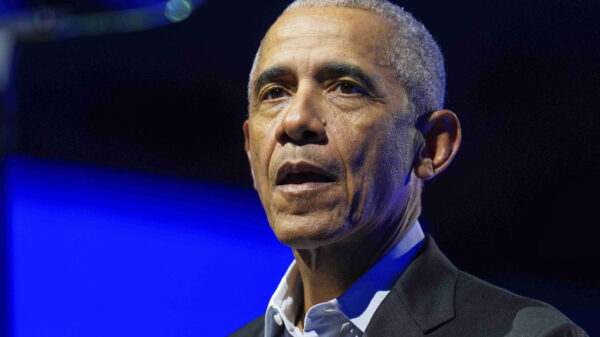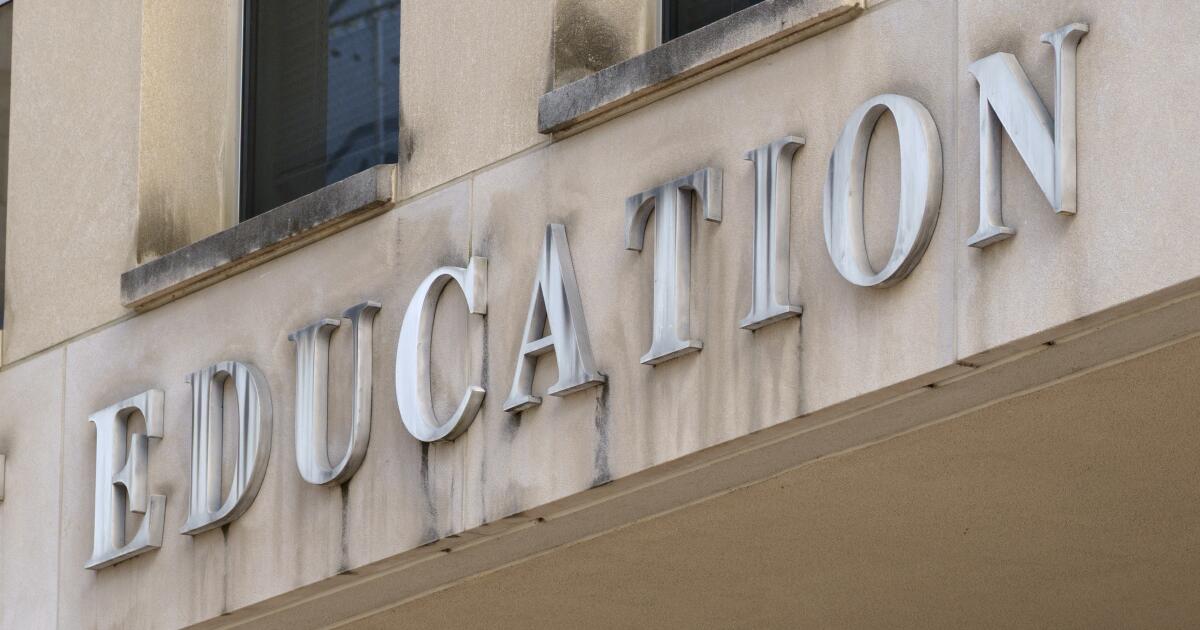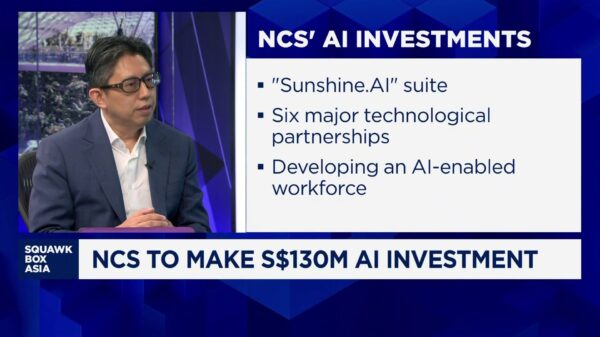The White House is moving to significantly alter public education funding, raising concerns among educators and parents alike. Education Secretary Linda McMahon announced plans to withhold federal funding from school districts that do not eliminate diversity, equity, and inclusion (DEI) initiatives. This decision comes in the wake of widespread protests and legal challenges from multiple states, emphasizing the contentious nature of these proposed changes.
In late June 2023, the administration’s surprise decision to withhold education funds ignited backlash from a coalition of teachers, parents, and school superintendents across the United States. A week prior to McMahon’s announcement, 24 states filed a lawsuit against the administration for reneging on previously appropriated education funding. The administration’s actions have stirred fears that the proposed changes may undermine the educational safety net, particularly for underprivileged students.
Legal Battles and Funding Threats
The administration’s plan to dismantle the Department of Education was a major campaign promise of Donald Trump. Currently, approximately 2,000 staff members have left the agency, a significant reduction of nearly half its workforce. On July 14, 2023, the Supreme Court lifted an injunction that had temporarily halted these firings, allowing the administration greater latitude to reshape the department, despite ongoing lawsuits.
Justice Sonia Sotomayor criticized the ruling, warning of “untold harm” that could result from the loss of federal resources intended to protect students from discrimination and other civil rights violations. The proposed changes threaten to withdraw nearly $30 billion in federal aid, funds that have historically supported smaller class sizes, after-school programs, and tutoring for disadvantaged students.
McMahon asserts that the only path to improved educational outcomes is to focus on “meaningful learning” rather than what the administration terms “divisive programs.” Critics argue that eliminating DEI initiatives will actually hinder academic progress by failing to address the systemic barriers that many students face.
The Impact on Vulnerable Students
Research indicates that programs aimed at promoting diversity and equity have contributed positively to student achievement. For instance, initiatives under Title 1 of the 1965 Elementary and Secondary Education Act have shown improvements in disadvantaged students’ performance on the National Assessment of Educational Progress (NAEP), which serves as a benchmark for K-12 education in the country.
The potential rescinding of funding for DEI initiatives could also dismantle support structures for students with disabilities, undermining the legal obligation that schools provide a “free and appropriate education.” This shift raises alarms about the long-term effects on students historically marginalized within the education system.
The administration’s education overhaul includes a nationwide voucher program, funded by a 100% tax deduction for donations to scholarship organizations, which could amount to as much as $50 billion annually. Critics warn that such initiatives would exacerbate existing inequalities, as private schools retain the right to select their students and may not accommodate those with special needs or lower-income families.
Studies from states like Louisiana and the District of Columbia reveal that students participating in voucher programs often perform worse academically than their peers in public schools. Joshua Cowen, an education policy professor at Michigan State University, contends that these initiatives could lead to greater academic setbacks for vulnerable students.
As the Trump administration faces legal challenges, Twenty states have taken action against the Department of Education, contesting its demands to eliminate DEI programs. Massachusetts Attorney General Andrea Joy Campbell stated that such threats to withhold critical funding are “unlawful” and detrimental to students and families.
The outcome of these legal battles remains uncertain, but the timeline for resolution could extend for years, during which time the damage to public education may be irreversible. This situation underscores the necessity for Congress to advocate for the educational rights of its constituents and uphold the principles of equitable education established over decades.
As the debate over education funding and policies continues, the stakes for students and communities across the country remain high. The question now is whether lawmakers will take decisive action to protect public education from significant cuts and ideological shifts that could reshape the educational landscape for generations to come.







